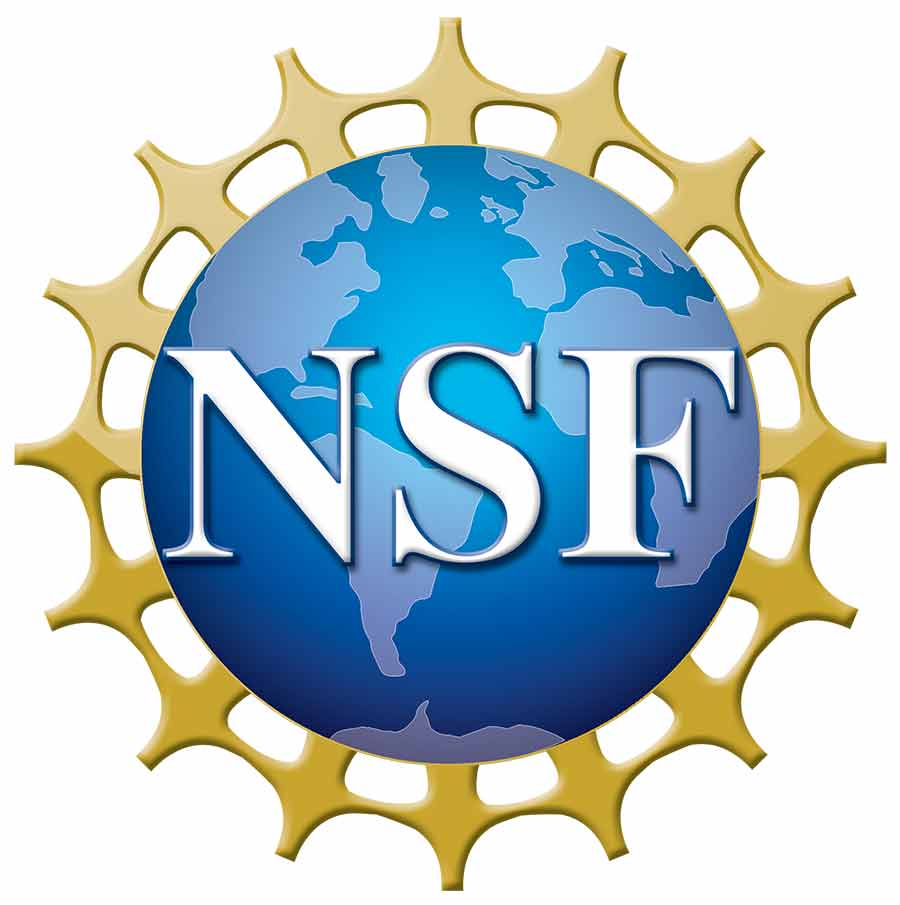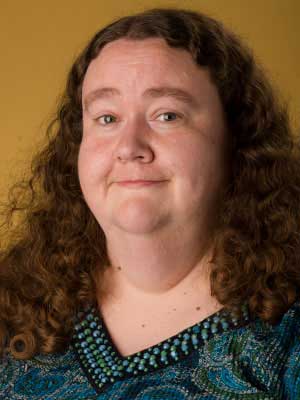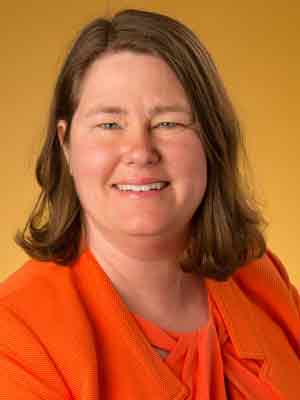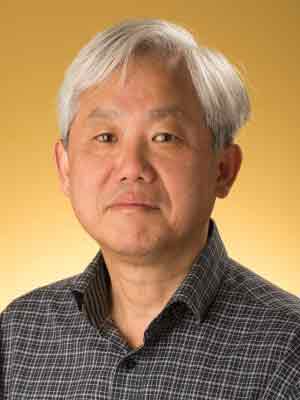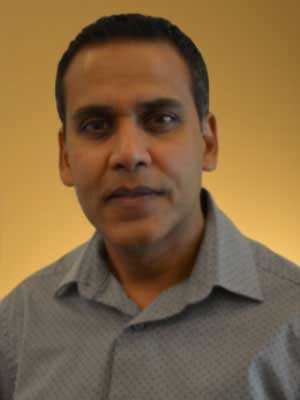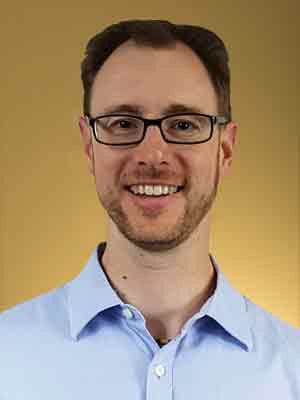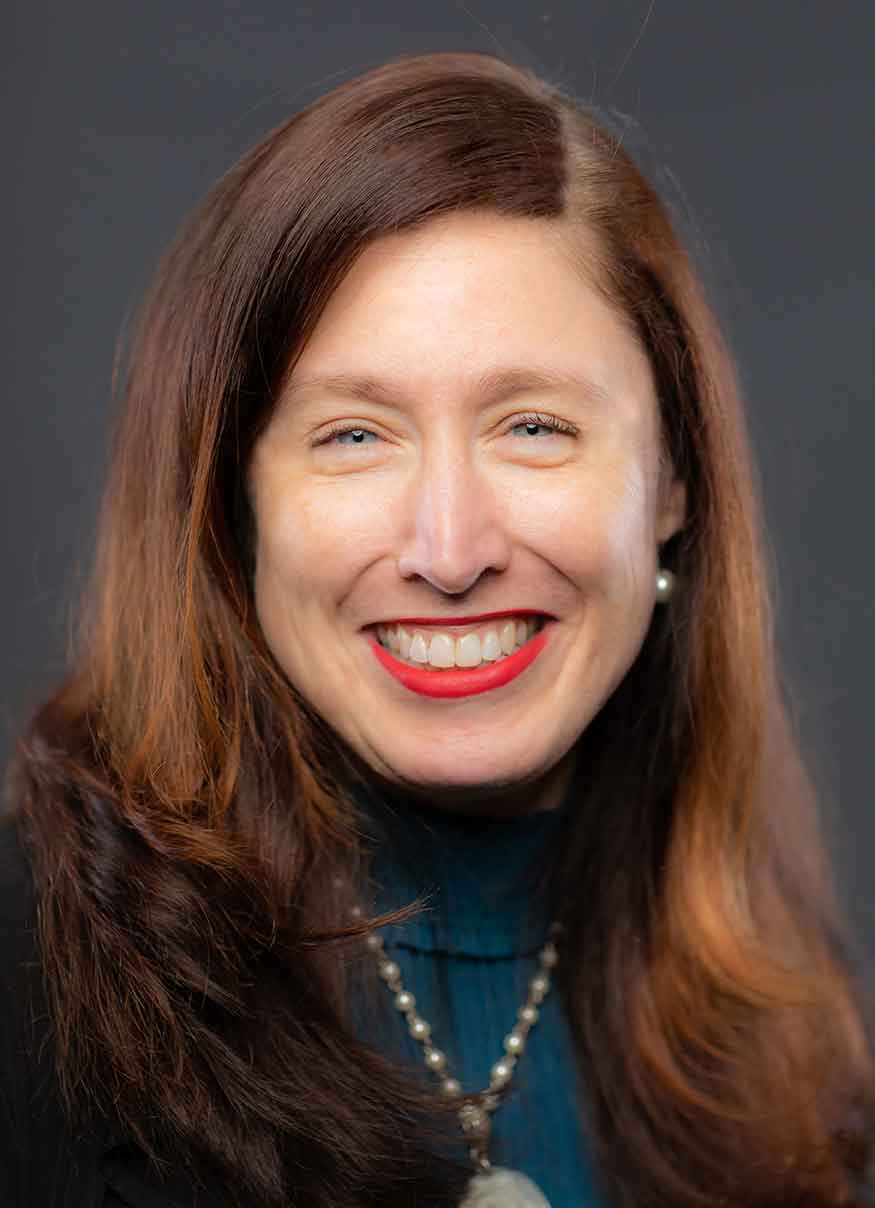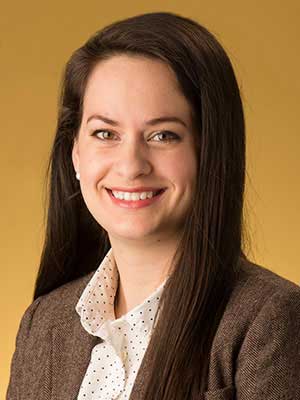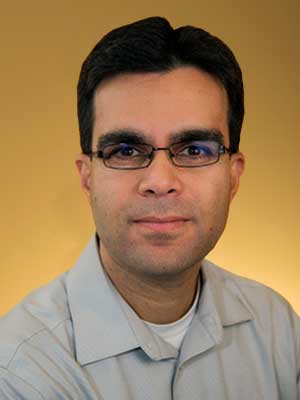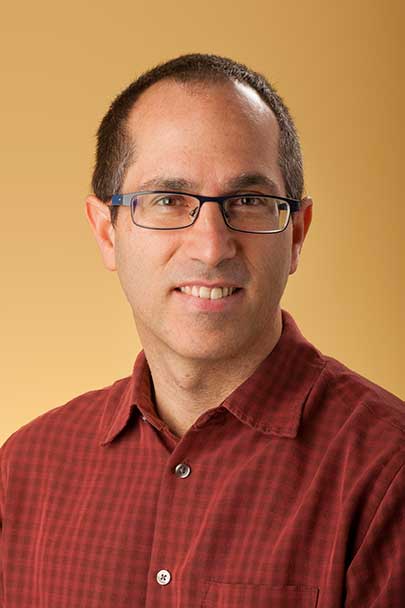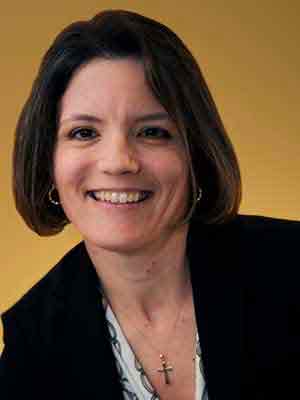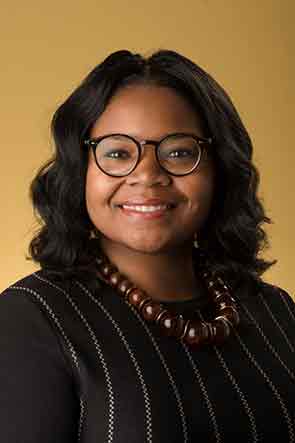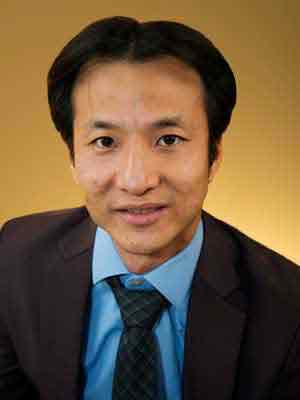WE-GROW Engineers Scholarship
Application Deadline: Friday, May 31
About the WE-GROW Engineers Scholarship
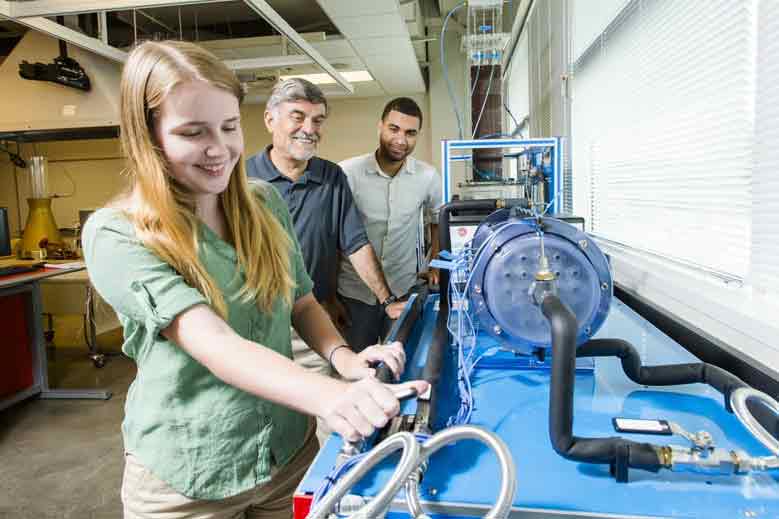 The Women in Engineering: Graduation and Retention/Recruitment Opportunities for Women (WE-GROW Engineers) project is designed to provide scholarships and support services for high-achieving
engineering students.
The Women in Engineering: Graduation and Retention/Recruitment Opportunities for Women (WE-GROW Engineers) project is designed to provide scholarships and support services for high-achieving
engineering students.
The WE-GROW Engineers project highlights the public benefits of engineering and utilizes opportunities proven to increase retention of female engineering students, in particular. Over its 5-year duration, annual scholarships of up to $8,800 will be awarded to 32 students. First-year students and third-year students may receive scholarships for up to four years and two years, respectively. The project is funded by the National Science Foundation’s Scholarships in Science, Technology, Engineering, and Mathematics (S-STEM) program.
This project has been extended for a sixth and final year.
WE-GROW Engineers Scholarship Information
Participants accepted into the WE-GROW Engineers project scholarship will receive annual scholarships of up to $8,800. First-year students may receive scholarships for up to four years and third-year students may receive scholarships for up to two years. Since participants must demonstrate a financial need, the funds are intended to fill the gap for tuition, fees, books, and other academic related expenses.
Additional Benefits:
In addition to offering financial support for full-time, undergraduate engineering students, the WE-GROW Engineers project provides additional programs and services designed to promote academic success. These benefits allow students to work directly with faculty as well as connect with peers, to build valuable social networks supporting success at KSU. Some additional opportunities include:
- Undergraduate Research
- Access to Living Learning Communities
- STEM Outreach Efforts
- Peer Mentoring and Tutoring
- Career Mentoring
Eligibility
To be eligible to participate, prospective students must:
- Be a citizen of the United States, national of the United States, or alien lawfully admitted to the United States for permanent residence
- Be accepted by Kennesaw State University with plans to be enrolled as a full-time
student (a minimum of 12 credit hours) in Fall 2021 in one of the following engineering
programs leading to a baccalaureate degree:
- Civil, Computer, Construction, Mechanical, Mechatronics, Electrical, Environmental, or Industrial & Systems Engineering
- Demonstrate financial need by completing the Free Application for Federal Student Aid (FAFSA)
- Have a minimum high school cumulative GPA of 3.0 (Freshmen)
- Have a minimum college cumulative GPA of 3.0 (Non-Freshmen students)
Apply
Before starting the application, have the following ready:
- A brief essay (2500 characters or less) discussing your mathematics and science abilities, overall strengths and weaknesses, extracurricular activities, and aspirations for an engineering career.
- The name and correct email address of a high school teacher or college professor, who will be asked to submit a letter of recommendation on your behalf.
Things to remember:
- Have all of your information ready
- Answer all the questions
- For consideration, a completed FAFSA must be on file with the university
Note: The application must be completed in one session.
Contact Information:
If you have questions about the WE-GROW Engineers project scholarship, please contact us at: wegrowengineers@kennesaw.edu.
The WE-GROW Engineers Team
-
Dr. Loraine Lowder
-
Dr. Renee Butler
-
Dr. Chan Ham
-
Dr. Valmiki Sooklal
-
Dr. Tristan Utschig
-
Mrs. Jessica Martinez
Research Projects
-
EEF-based Wearable Drowsiness Detection System
-
Photochemical Processes of Aqueous Mercury Removal
-
Thrust and Efficiency of Aircraft Engines
-
Autonomous Vehicle Laboratory
-
Childhood Obesity Interventions
-
Biological Tissue Welding Patches and Fusion Devices
-
Ecological Effects of Integrated Systems of Evapotranspiration Covers
-
Computational Fluid Dynamics








